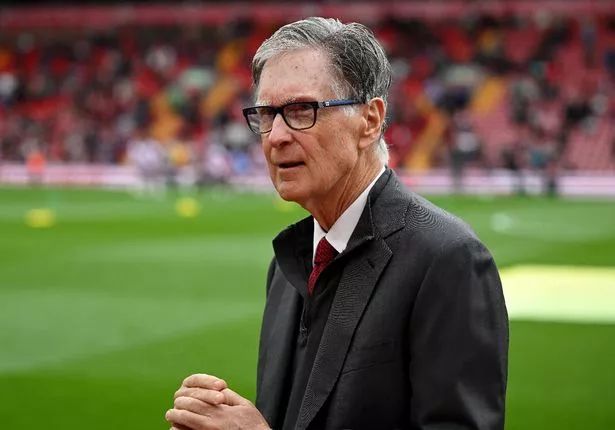Fenway Sport Group’s portfolio of clubs includes six teams across five sports, with Liverpool arguably the most globally-recognizable of the brands.
While the Reds have tapped into FSG ’s rich resources in the sports industry over the last 15 years, it has never drawn on a direct link with another soccer club. Until now. News that Liverpool is considering an offer to purchase Malaga will cause a mixed reaction with supporters. Detractors will reference how multi-club systems go against the sport’s entire ethos, but they are becoming increasingly prevalent in today’s game.
In fact, there’s an argument to say FSG are making up for lost time. Manchester City’s owners first founded the City Football Group in 2013 and their network of clubs has expanded to include ties to 13 sides across five continents.
For those aspiring to build a functioning multi-club system, City is in many ways the blueprint. The current Premier League champions have exploited ties with Girona to send several players on loan over the years, while City signed Savinho from Troyes for a relatively modest fee last year.
CFG have also successfully utilized its ownership of 13 clubs to increase commercial revenue, marketing and networking opportunities, and sharing scouting information. All of that ultimately serves the side at the top of the food chain: City.
But they’re not alone. Manchester United is now partly owned by Ineos, who also have stakes in Nice and Lausanne. The BlueCo consortium that purchased Chelsea in 2022 also acquired Ligue 1 side Strasbourg a year later. Colorado Rapids is the sister club of Arsenal, while Tottenham Hotspur has links to five sides including Rangers.
In fact, of the other 19 teams in the Premier League, 16 are part of a multi-club network of some description, the exceptions being Fulham, Ipswich Town and Wolverhampton Wanderers.
(Image: Nick Taylor/Liverpool FC/Liverpool FC via Getty Images)
FSG has not always been universally popular with Liverpool supporters, but few would argue they don’t run a tight and efficient ship. It may ruffle some feathers, but if Liverpool wants to keep pace with other elite clubs then having international links feels like an obvious next step.
It has also been suggested that purchasing a European side – with six possible Spanish sides mentioned in a report by The Athletic – will help circumvent certain UK laws which have impacted signing players in the wake of Brexit. Paris Saint-Germain’s owners are also said to be interested in buying Malaga, which could complicate FSG’s plans.
Ex-Liverpool sporting director Michael Edwards joined FSG last year as their company’s chief executive of football and looked at purchasing Bordeaux last year.
“FSG routinely engages in conversations and evaluates opportunities across global sports, a common process to assess ventures that align with the organization’s strategic priorities,” a spokesperson for the group told Liverpool.com .
